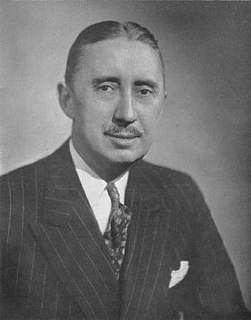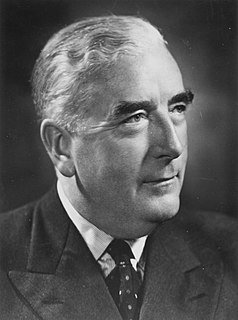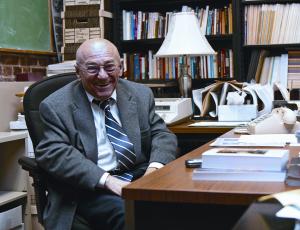A Quote by Seneca the Younger
Our posterity will wonder about our ignorance of things so plain.
Related Quotes
As parents, we can have no joy, knowing that this government is not sufficiently lasting to ensure any thing which we may bequeath to posterity: And by a plain method of argument, as we are running the next generation into debt, we ought to do the work of it, otherwise we use them meanly and pitifully. In order to discover the line of our duty rightly, we should take our children in our hand, and fix our station a few years farther into life; that eminence will present a prospect, which a few present fears and prejudices conceal from our sight.
We have heard of a Society for the Diffusion of Useful Knowledge. It is said that knowledge is power, and the like. Methinks there is equal need of a Society for the Diffusion of Useful Ignorance, what we will call Beautiful Knowledge, a knowledge useful in a higher sense: for what is most of our boasted so-called knowledge but a conceit that we know something, which robs us of the advantage of our actual ignorance? What we call knowledge is often our positive ignorance; ignorance our negative knowledge.
If one looks at all closely at the middle of our own century, the events that occupy us, our customs, our achievements and even our topics of conversation, it is difficult not to see that a very remarkable change in several respects has come into our ideas; a change which, by its rapidity, seems to us to foreshadow another still greater. Time alone will tell the aim, the nature and limits of this revolution, whose inconveniences and advantages our posterity will recognize better than we can.
Material possessions and honors of the world do not endure. But your union as wife, husband, and family can. No sacrifice is too great to have the blessings of an eternal marriage. By making and keeping sacred temple covenants, we evidence our love for God, for our companion, and our real regard for our posterity-even those yet unborn. Our family is the focus of our greatest work and joy in this life; so will it be throughout all eternity.
Science is being daily more and more personified and anthromorphized into a god. By and by they will say that science took our nature upon him, and sent down his only begotten son, Charles Darwin, or Huxley, into the world so that those who believe in him, &c.; and they will burn people for saying that science, after all, is only an expression for our ignorance of our own ignorance.
Just as full sunlight completely dispels all darkness but even a few rays provide a measure of light, so, if we complete the practice of training the mind, we will totally dispel the darkness of our ignorance, but if we engage in only some parts of the practice, this will still help to reduce our ignorance and self-cherishing .









































